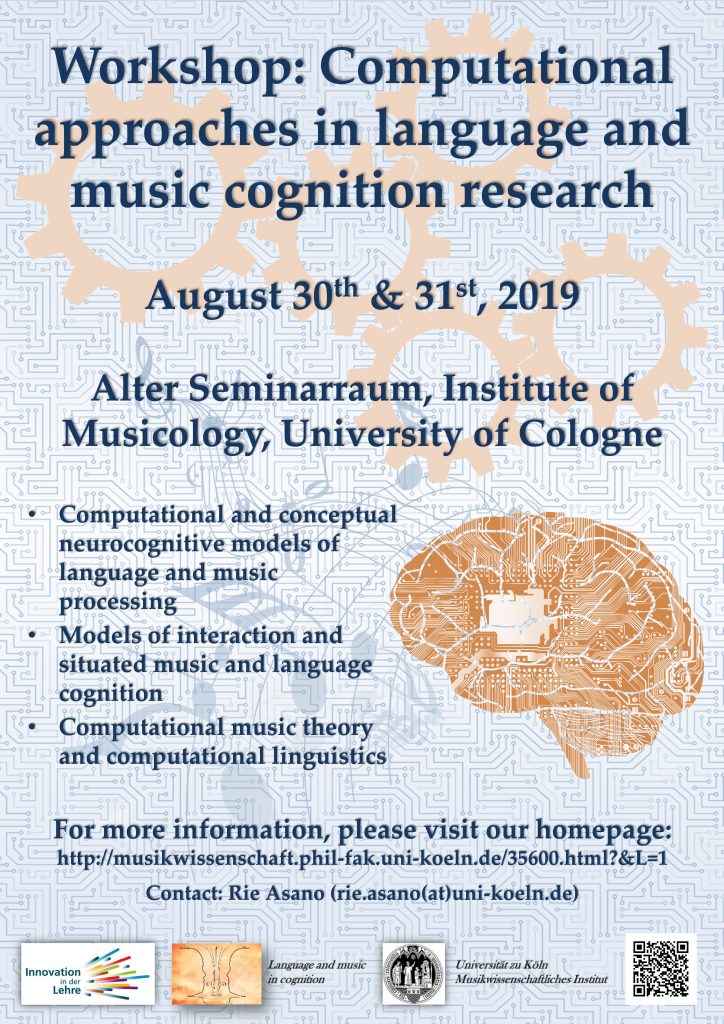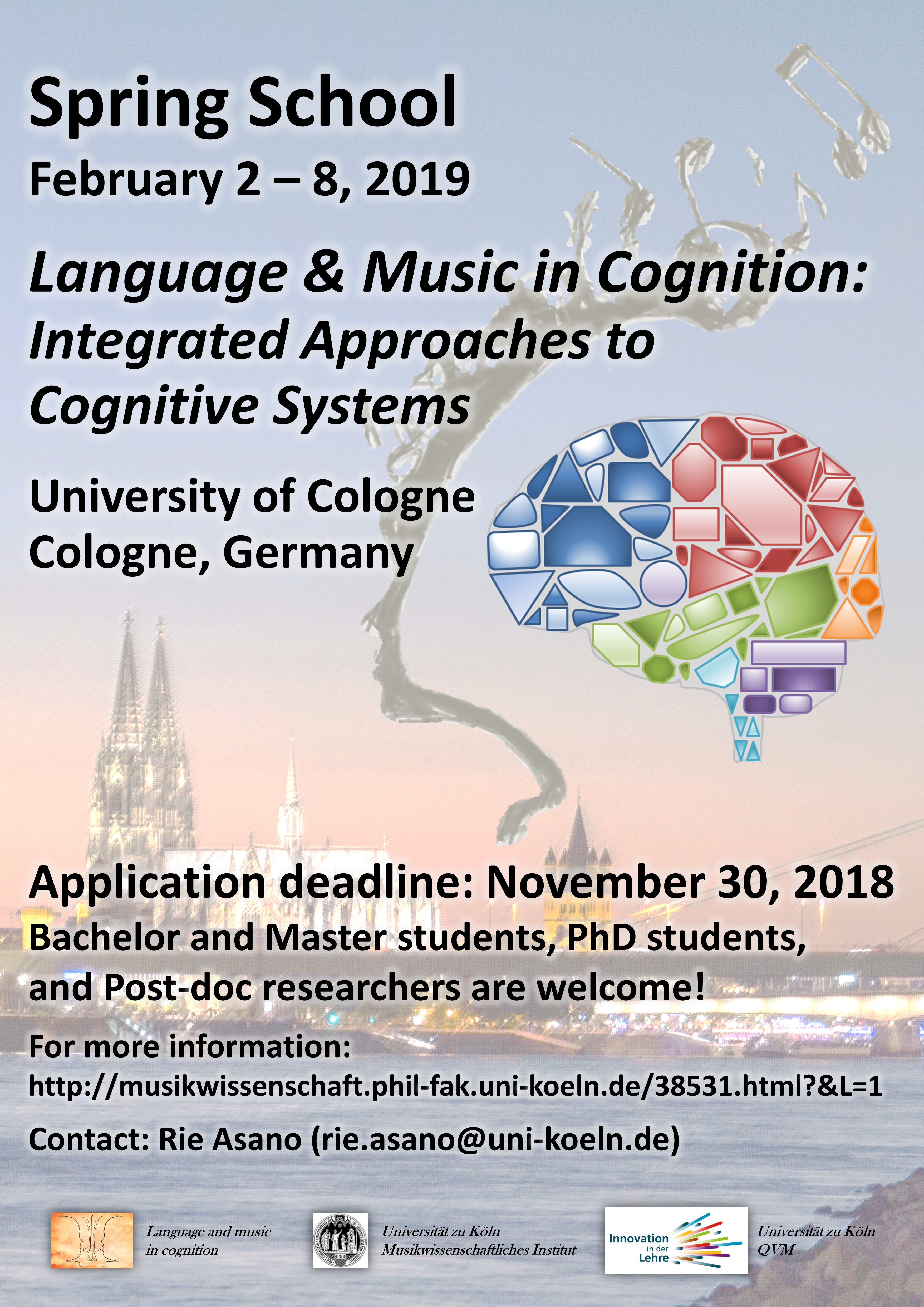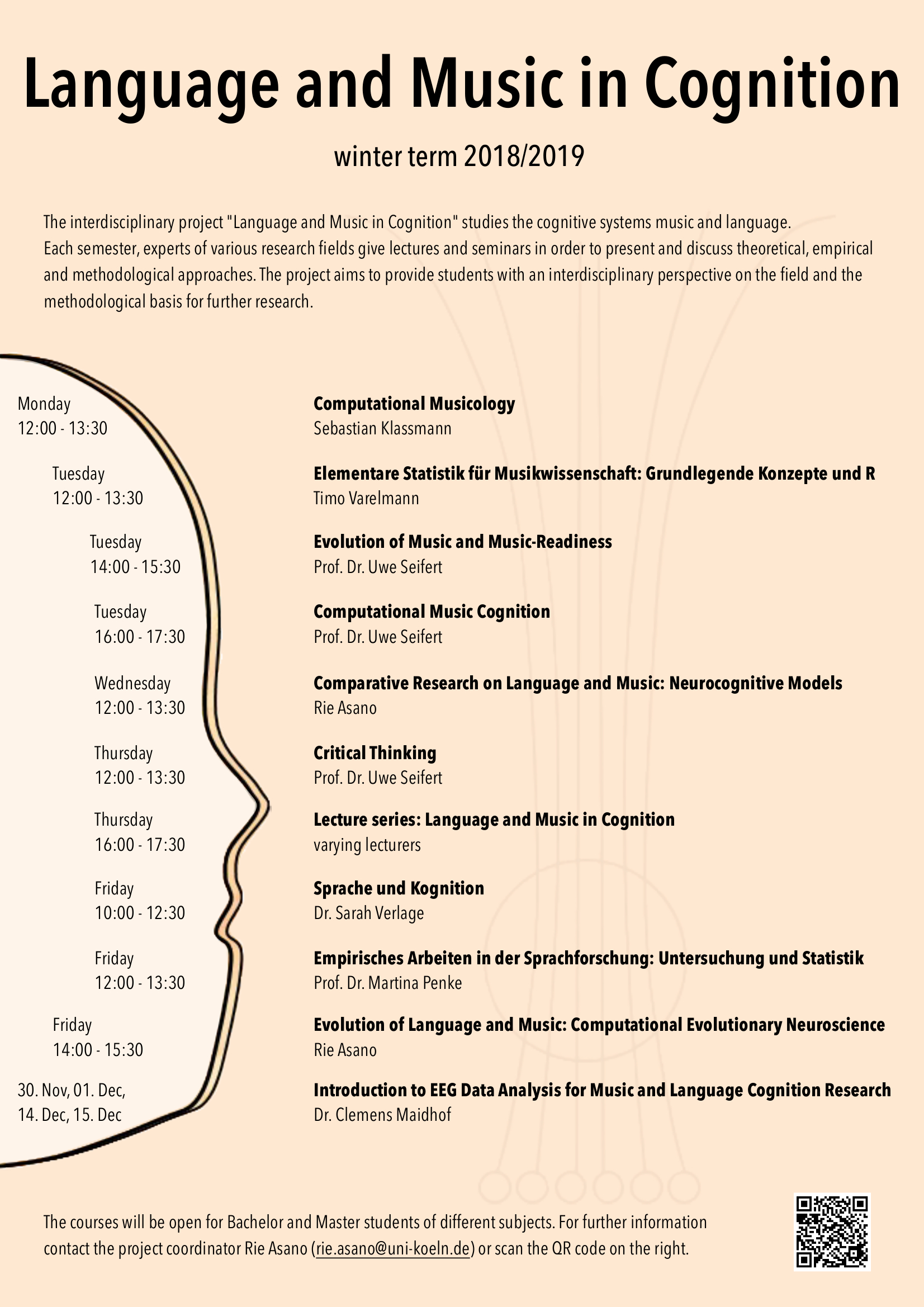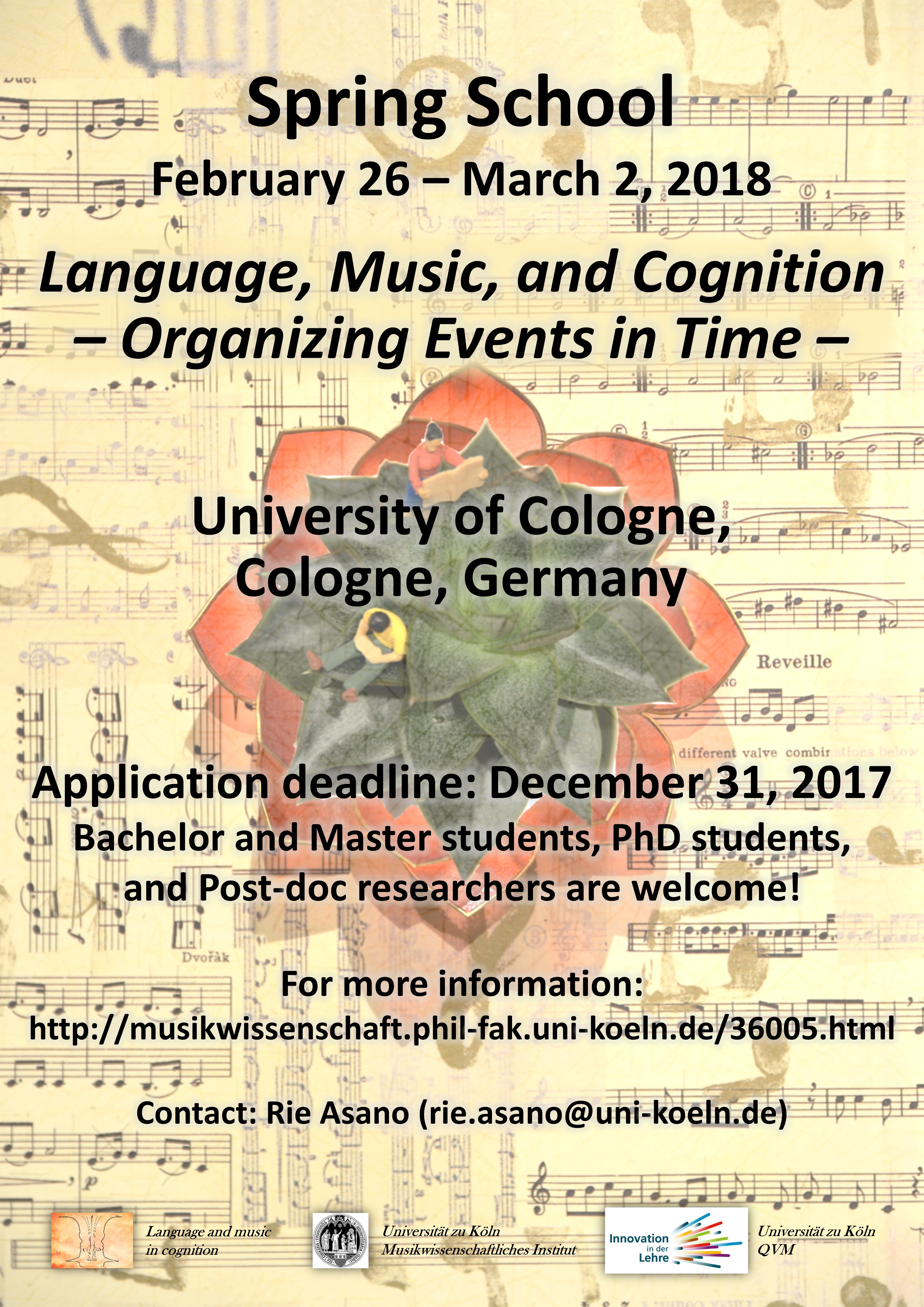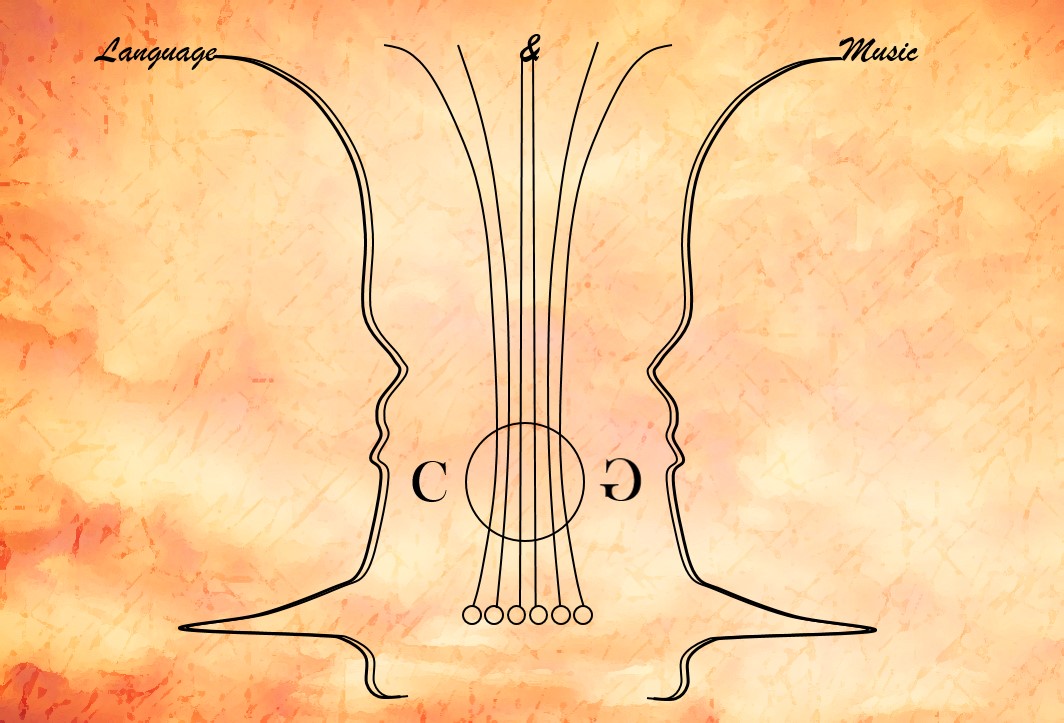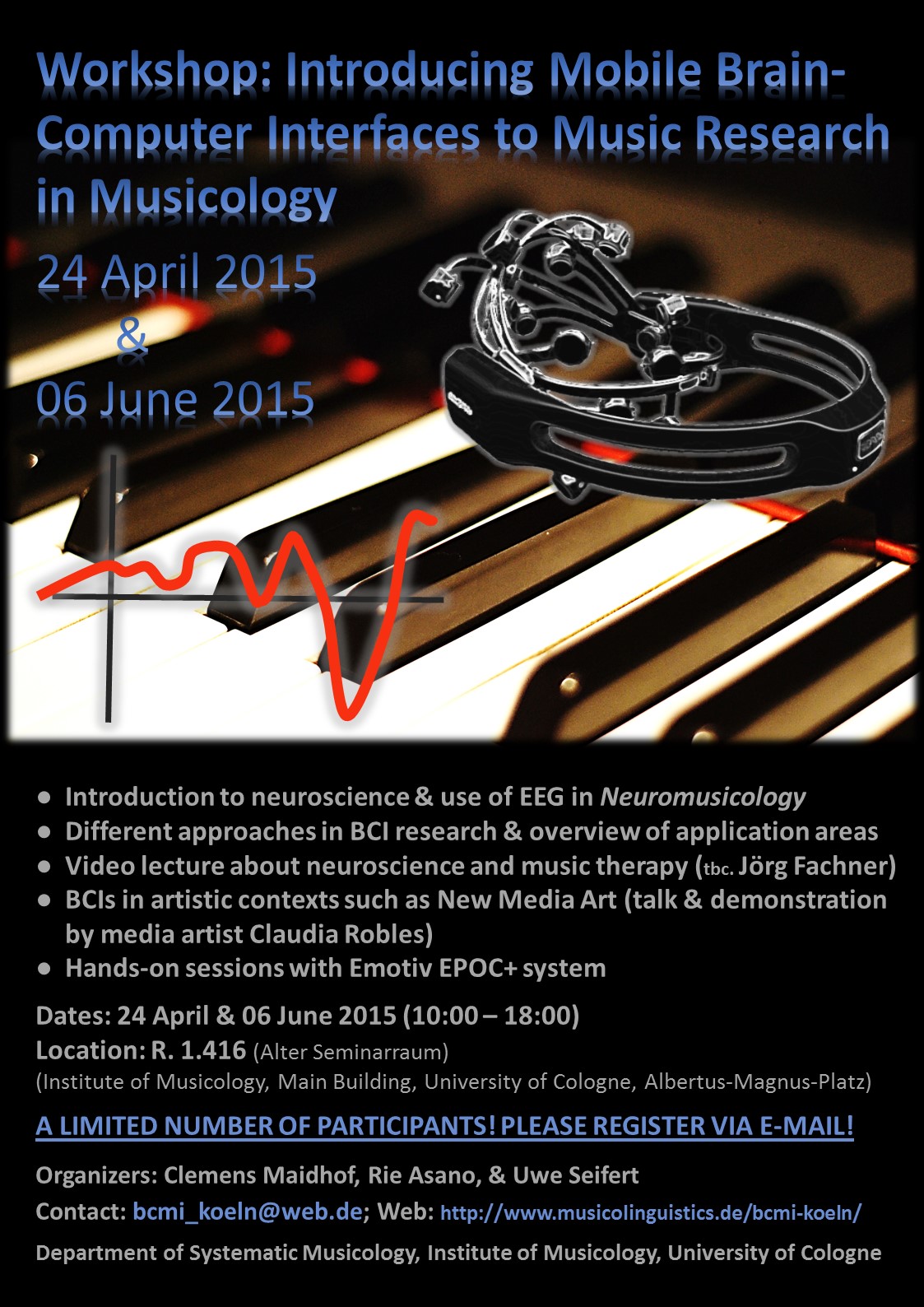Joint Conference on Language Evolution co-organized by Evolang, Protolang, and Evolinguistics will take place on September 5-8, 2022 in Kanazawa, Japan & Online!
Call for papers
Joint Conference on Language Evolution (Kanazawa, Japan & Online, September 5th-8th, 2022) co-organized by Evolang, Protolang, and Evolinguistics invites substantive contributions relating to the evolution of human language. This joint conference will provide an unprecedented opportunity to bring together all the language evolution research communities, enabling a global platform for interdisciplinary discussion. Submissions may be in any relevant discipline, including, but not limited to, anthropology, archeology, artificial life, biology, cognitive science, genetics, linguistics, modeling, neuroscience, paleontology, physiology, primatology, and psychology. We particularly welcome submissions with an interdisciplinary character. Normal standards of academic excellence apply.
The deadline for submission is February 1, 2022.
The submission system will open in December.
Submitted papers/abstracts should aim to make clear their own substantive claim, relating it to relevant, current scientific literature in the field of language evolution. Submitted papers/abstracts should briefly set out the method by which the claim is substantiated, the nature of the relevant data, and/or the core of the theoretical argument concerned. Submissions may be theory-based, but empirical studies should not rest on preliminary results. Submissions which do not have clear relevance to the field or do not adhere to the guidelines may be rejected without review.
Submissions can be made both for podium presentations (15 min talk + 5 min Q&A) and for poster presentations. They are limited to one first-authored podium presentation and one first-authored poster per person. There is no limit on second authored submissions. When submitting, please indicate whether your submission is to be considered for inclusion as a talk, as a poster, or as either of the two. Both podium and poster presentations can be held on site or online. Please indicate whether you are currently planning to present your work on site or online. (We are aware that this is your preliminary decision.)
For both podium and poster presentations, there are two possible types of submission: (a) Full papers, which can have a length of between 6 and 8 pages, and (b) Abstracts, which can be up to 2 pages long.
In addition to your submission, you will be asked to provide a 150-word summary of your contribution.
Please carefully read the submission guidelines to prepare your submission.
The conference language of Joint Conference on Language Evolution is English.
Call for workshop proposals
In addition to the general session, Joint Conference on Language Evolution will be able to host thematically focused workshops to be held during the conference. The time slot of 2 hours will be provided for each workshop. We encourage the organizers to host the workshop mainly onsite, but it is of course possible to do online workshops depending on the individual needs. The responsibility for the detailed scheduling of the workshops and for the quality of workshop contributions will rest with workshop organizers.
Workshop proposals should be submitted by January 5th, 2022.
Please carefully read the submission guidelines to prepare your submission.
Please spread the word!
Twitter: @JCoLE2022
Homepage: https://sites.google.com/view/joint-conf-language-evolution/home


